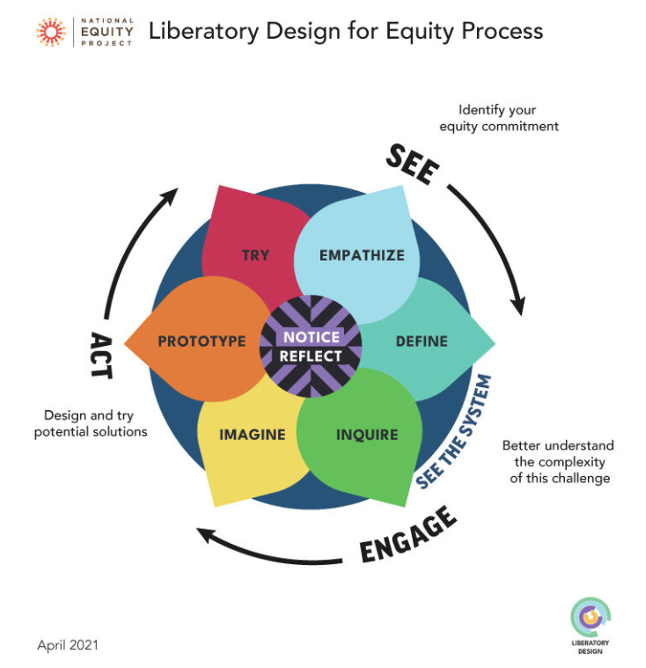Wide use of evidence-based educational innovations has the potential to accelerate learning and enhance outcomes for all learners. However, even when educational products have evidence of effectiveness, they do not often achieve scale. In other words, they are often not broadly adopted by schools and districts.
When designing and scaling evidence-based educational products, it is critical to ensure they are relevant and accessible to the communities they aim to serve, or they might inadvertently cause harm. When creating evidence-based products, designers should gather input from, or sufficiently consider, the people most impacted by problematic practices, policies, funding allocations, and organizational cultures. Without such input, designers miss opportunities to authentically co-create products that support equitable student outcomes and meet user needs.
The Leveraging Evidence to Accelerate Recovery Nationwide (LEARN) network, a new three-year grant funded by the Institute of Education Sciences (IES) and led by SRI International, constitutes one element of the federal strategy to address both long-standing student learning achievement gaps and those exacerbated by the COVID-19 pandemic.



